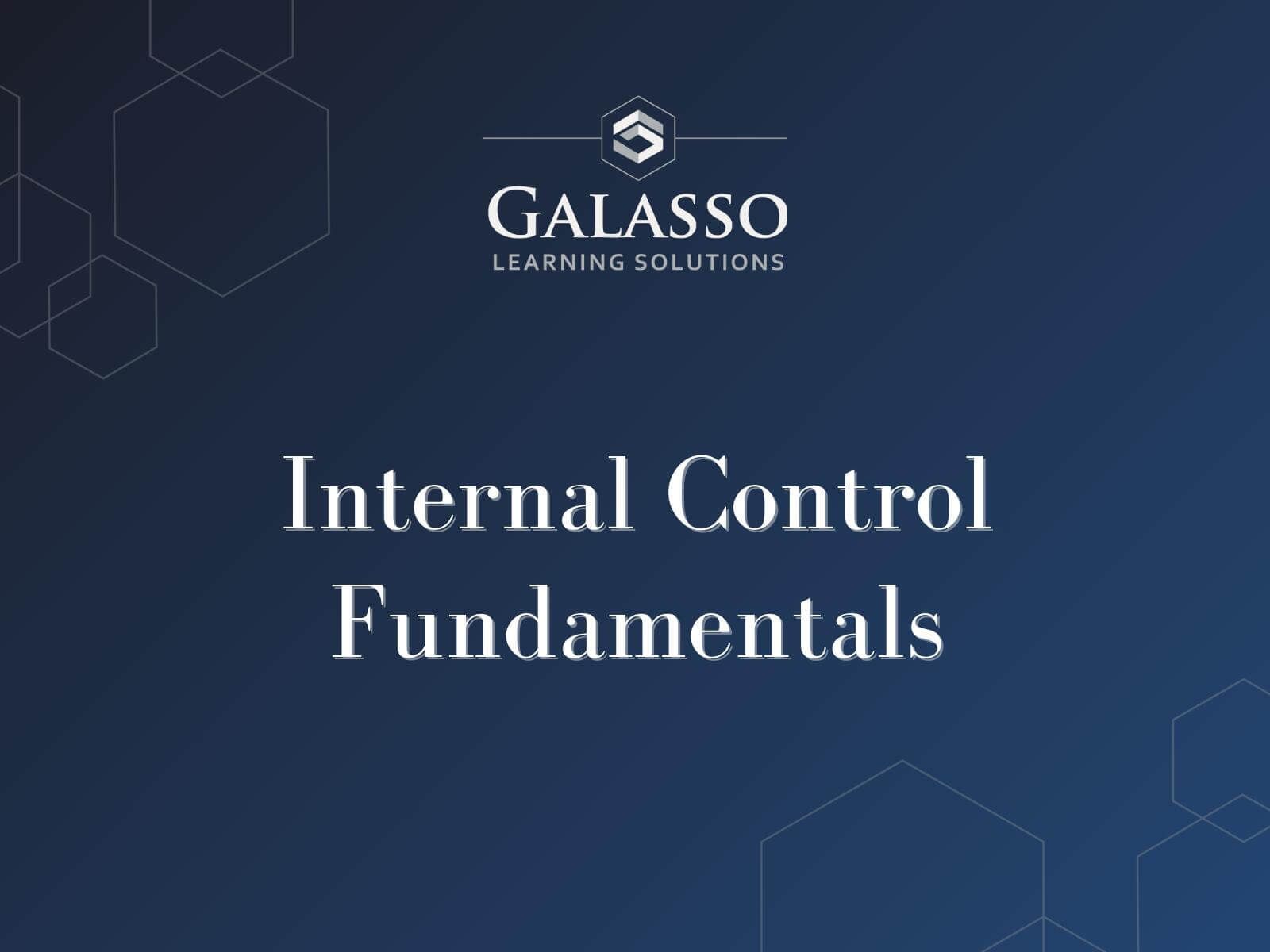Internal Control Fundamentals
A strong understanding of internal controls is essential for auditors performing risk assessments and designing effective audit procedures. AU-C Section 315 requires auditors to gain an understanding of the entity, its environment, and its intenal controls. This course provies a practical foundation in internal control fundamentals, including key concepts from the COSO framework - one of the most widely used internal control frameworks. Participants will explore the five components and 17 principles of COSO, differentiate between preventive and detective controls, and examine common examples of manual and IT controls. We will also discuss the inherent limitations of internal controls and why they provide reasonable, but not absolute, assurance.
To bring these concepts to life, attendees will walk through key internal controls commonly found in practice, including those related to accounts payable, inventory management, cash handling, payroll, and financial reporting. Finally, we will break down the auditor's responsibilities for evaluating internal controls during the risk assessment process and determining when and how to test controls for operating effectiveness.
Upon completion, learners will be able to:
1. Describe the five components of COSO
2. Recall the limitations of internal controls
3. Recognize examples of control activities


